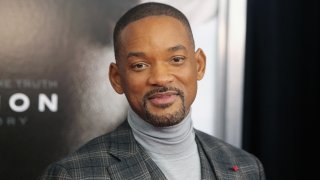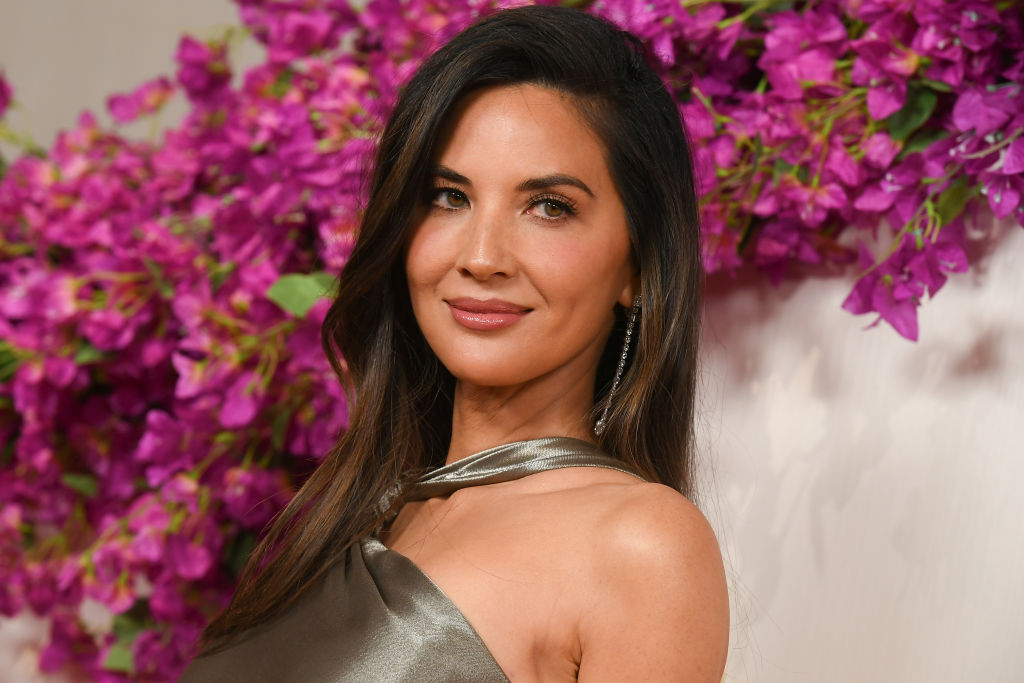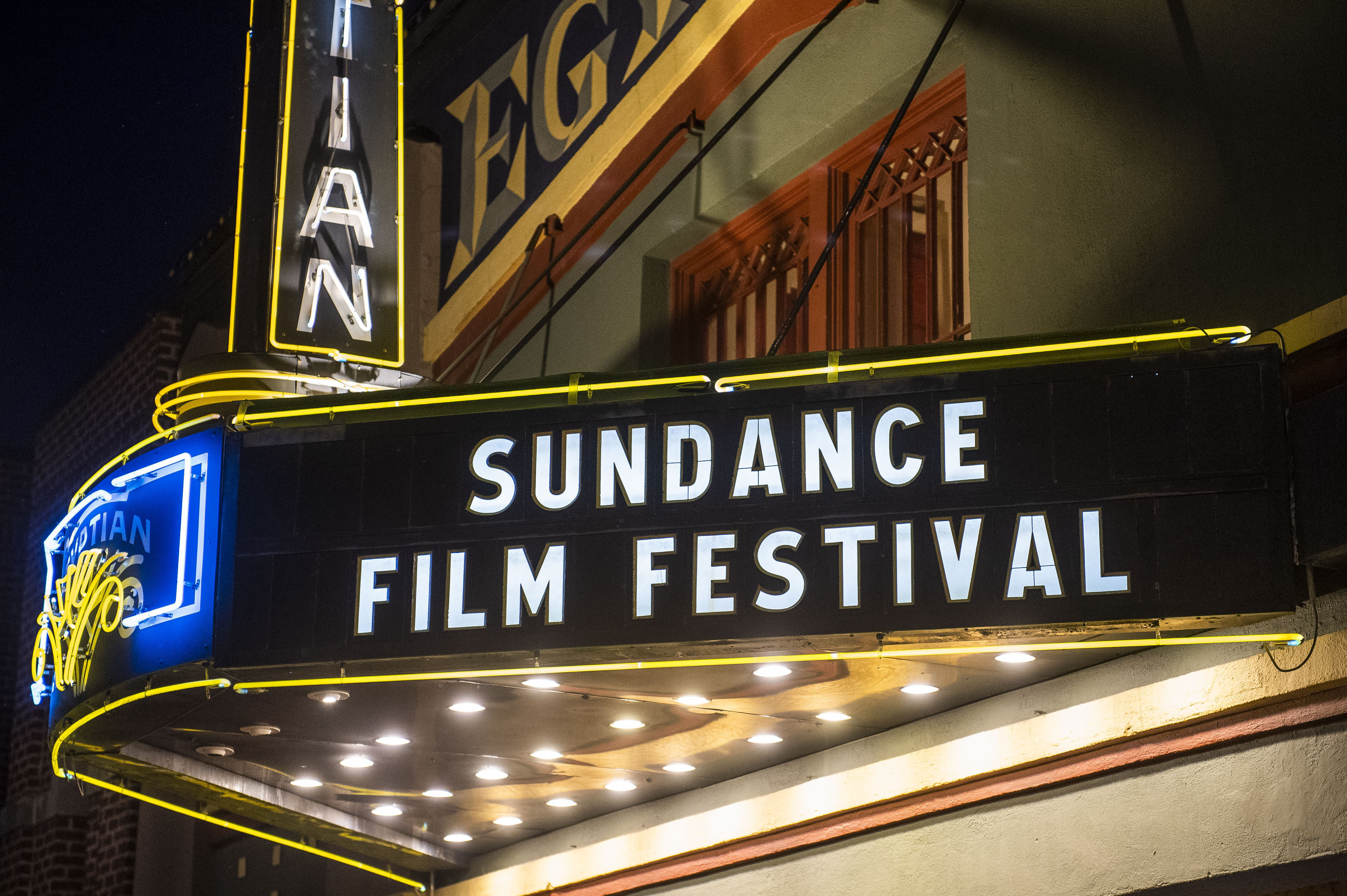
Will Smith participated in a recent discussion with Angela Rye and spoke about how he was called racial slurs by the police while growing up in Philadelphia.
"I grew up under, you know, Mayor Rizzo. He went from the chief of police to becoming the mayor and he had an iron hand," the 51-year-old actor said during an episode of On One With Angela Rye. "I've been called n----r by the cops in Philly on more than 10 occasions, right? I got stopped frequently. So, I understand what it's like, you know, to be in those circumstances with the police, to feel like you've been occupied. It's an occupying force."
The two-time Oscar nominee also recalled attending a Catholic school in the suburbs and said he understands "what the disparities are in a really interesting way."
"White kids were happy when the cops showed up, and my heart always started pounding," Smith said. "There's a part of this that people who don't grow up in that you just can't comprehend. You just can't comprehend what it feels like to feel like you live in an occupied territory."
Smith said this was his "first real public conversation since George Floyd's death."
"When it happened, I immediately saw the world shifting…I could feel the shift happening, and I immediately went into a state of study," he said. "I could feel that I was going to be called on in a way that was different than anything that had ever happened in my career and in my life, and I just wanted to be prepared to meet the seismic shift of the times."
Entertainment News
At one point during the discussion, Smith said "we are in a circumstance that we've never been through before."
"The entire globe has stood up and said to the African American people, 'We see you and we hear you. How can we help?'" Smith said. "We've never been there before."
He also said he's been "deeply encouraged by the innate connectivity of the protestors globally."
"For me, it comes down to, you know, after you get beyond the rage. Rage is justified under oppression," he continued. "It also can be really dangerous. You gotta be careful not to be consumed by your own rage, you know? That's something that I've worked really hard on. And what I loved about the peaceful protest. It's like, peaceful protests put up a mirror to the demonic imagery of your oppressor. And the more still you are in your peaceful protests, the more clear the mirror is to the oppressor for the world to see and for them to see themselves, you know? So, I was really encouraged by how powerfully this generation was able to hold that mirror and then the response of the world seeing and responding."
In addition, Smith talked about his new film "Emancipation," the state of policing in the U.S. and the Black Lives Matter movement.
"Something as simple as Black Lives Matter: What's the f--king point of contention, right?" the "Pursuit of Happyness" star said. "The point of contention is that's not what the person's hearing, right? So, that's where communication rules come in very handy. Here's what the answer is when someone says Black Lives Matter: 'Yes, I agree. Black Lives Matter.'"
To listen to their discussion, watch the video above and check out On One With Angela Rye.



